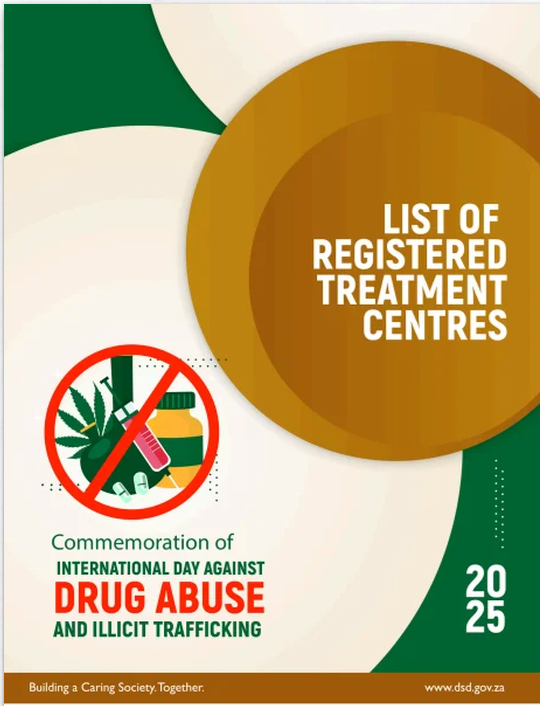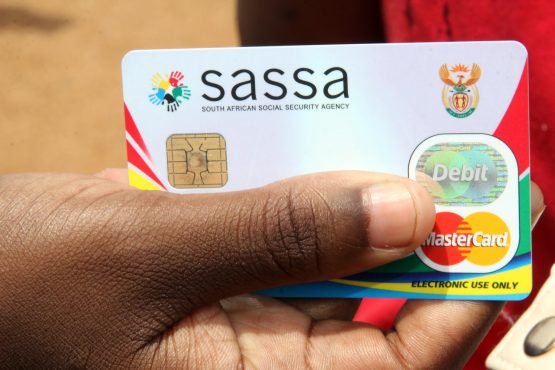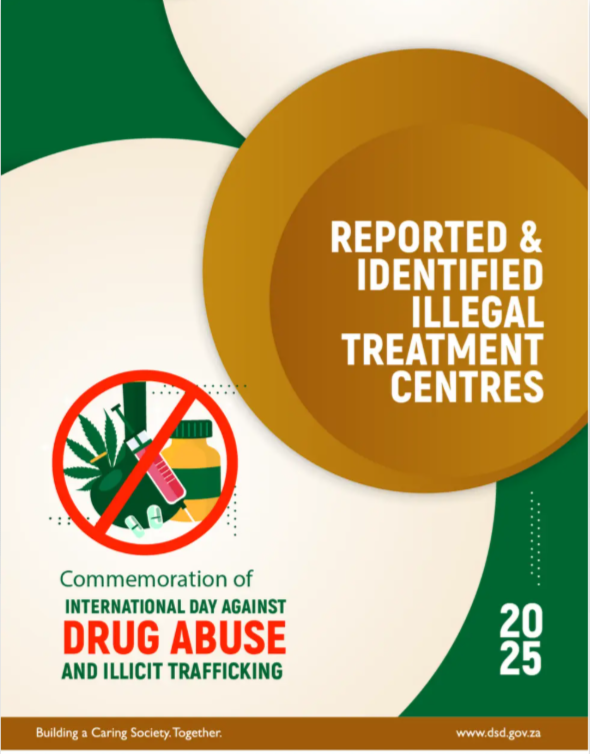Media Statement
Sandton, Gauteng: The Department of Social Development (DSD) and its agency the South African Social Security Agency (SASSA) commissioned a nationally representative rapid assessment study on the Special COVID 19 Social Relief of Distress grant of R350. The COVID-19 pandemic spun the country and world into facing unprecedented social and economic challenges, which weakened and undermined the survival strategies of low- and no-income individuals and households who had to endure financial hardship during the national lockdown to control the spread of the virus. In response, the government of South Africa swiftly introduced a special COVID-19 Social Relief Distress (SRD) grant of R350, in May 2020.
This was the first large scale digitally implemented social security measure, for an initial period of six months. As the pandemic still progresses, the government remains committed in its rally to ensure the well-being of its citizens to lessen the social and economic impacts, and hence the R350SRD grant is further implemented until March 2022.
As the pandemic was still progressing, it became crucial to gather empirical evidence to inform the extent to which these attempts have assisted individuals and/or households, as well as to further inform whether these short-term relief initiatives are required on a continuous basis and the sustainability thereof.
The report reveals that the grant is mostly used to purchase food. This is in line with previous research findings in South Africa and strengthens calls for a social assistance programme to cover those between the ages of 18-59. This is crucial as the income obtained is shared by household members, with 71% of surveyed applicants living in households with 4 or more members. The report also finds that more men (4,379,331 equating to 67.9%) were approved for the grant as compared to women (2,070,585 equating to 32.1%). The top-up of social grants, the Child Support Grant (CSG), primary caregiver allowance and Special COVID-19 SRD grant translated to unequal treatment of men and women.
The findings indicate that 70% of applicants in the survey undertaken were below 34 years, and have matric and higher education qualifications (degree or diploma). Metros had disproportionately higher numbers of respondents compared to district municipalities indicating an urban bias. In addition, Black Africans made up 82.8% of grant applicants and Gauteng had the highest number of respondents (28.2%) followed by KZN (18.7%).
Furthermore, 88.14% of respondents hold the view that the grant should be given to everyone that applies, as there are many poor people in South Africa. Information on how to apply for the grant was easily available and clear (92.9% of recipients agreed, 81.65% rejected agreed). The use of online digital platforms has prepared the ground for the advent of digital welfare in South Africa.
Finally, the findings from the qualitative research undertaken demonstrates that there are South Africans who qualify for the grant but did not apply. One of the reasons given by the respondents was that they thought they needed a touchscreen to apply.
To reduce the very high levels of poverty in female-headed households, the report recommends that receipt of CSG benefits must be disregarded when determining eligibility for the grant or a similar grant (i.e. Basic Income Grant). The report suggests the improvement of communication channels and access to information for low-income groups. Continuous research is critical in this area to test if the message is well received.
Furthermore, the report recommends that there should be the elimination of exclusion of qualifying citizens through the design of application, verification and payment processes. Nearly all systems that are based on a means-test or criteria will have errors. Exclusion errors deny the very people that the programme is targeting.
Lastly, it suggested that government should consider developing a single citizens’ registry for government services. Many countries have started to implement single registries as a central repository of data across several identification and social protection programmes. The drive should be towards a single registry that provides a total view of and social and economic circumstances of beneficiaries including employment, education, skills, social grants, EPWP, etc.
Speaking at the launch Social Development Minister, Lindiwe Zulu welcomed the report and said: “owing to COVID 19, and with the unprecedented agility, our interventions are being challenged to continuously learn to be responsive to both the material and mental health needs of ordinary South Africans granted that the reported incidents of anxiety, fear, panic, depression, uneasiness, trust deficit and a range of related insecurities. Implied in the report are society-wide lessons for the improved design, targeting, resourcing and effective implementation of future shock responses …”
The report is available here: https://www.dsd.gov.za/index.php/component/jdownloads/?task=download.send&id=316:the-rapid-assessment-of-the-implementation-and-utilisation-of-the-special-covid-19-srd-grant&catid=7&m=0&Itemid=101
ISSUED BY THE NATIONAL DEPARTMENT OF SOCIAL DEVELOPMENT
Media enquiries can be directed to Ms Lumka Oliphant on 083 484 8067 or This email address is being protected from spambots. You need JavaScript enabled to view it.





